On Monday, the meeting of EU foreign ministers was at the heart of the Brussels political scene. The meeting took place against the backdrop of a significantly altered geopolitical landscape. The recent U.S. presidential election has paved the way for Donald Trump’s return to the White House - an outcome reportedly met with heavy resistance by Brussels' political elite.
According to Hungarian Foreign Minister Peter Szijjarto, the new U.S. administration’s policy on Ukraine is likely to diverge from previous approaches, presenting challenges for Brussels, since the EU's leadership has so far been persuing a pro-war strategy.
This new reality is shaped by several factors. The American voters have made a clear choice in favor of a pro-peace policy. Meanwhile, the humanitarian situation in Ukraine is deteriorating, the intensity of Russia’s offensive is increasing, and winter is approaching,
– FM Szijjarto remarked. He added that
these factors collectively indicate that it's time for peace. However, the political leaders in Brussels remain unwilling to face these changes, instead focusing on drafting new sanctions packages and proposing increasingly dangerous measures.
Among these, Mr. Szijjarto cited support for Ukraine’s NATO membership, which he said could provoke direct conflict with Russia. He said the foreign ministers' meeting also discussed a possible extention of deploying Ukrainian weapons in Russian territory - a move that risks escalating the war further. He also highlighted the inclusion of policies targeting new areas, such as athletes and religious leaders, under the EU's sanctions regime.
By contrast, Hungary maintains its consistent position and refuses to support any measures that would harm its national interests,
– the foreign minister emphasized.
He reiterated Hungary’s commitment to pro-peace policies and emphasized the country's vital role in maintaining regional energy security, including supporting Ukraine’s electricity supply.
Kaja Kallas, the EU's new foreign policy chief
Another significant topic at the meeting was the departure of Josep Borrell as EU foreign policy chief and the potential appointment of Estonia’s Kaja Kallas as his successor. According to Mr. Szijjarto, Mr. Kallas’s appointment could offer new opportunities for cooperation, but initial expectations remain cautious. FM Szijjarto criticized Borrell’s tenure, stating that Europe’s security and competitiveness had significantly declined over the past five years.
Five years ago, there was no war in Europe. And five years ago, Europe was in second place in terms of its contribution to the global GDP,
– Mr. Szijjártó higlihted. He continued by pointing out that
five years ago, we were a competitive continent. Five years ago, obstacles to cooperation with the world’s fastest-growing regions were not as prominent. And five years ago, Europe was taken far more seriously in international political debates. The European Commission has managed to dismantle all this, for which the primary responsibility lies with its president and foreign policy chief.
Georgia, and the question of double standards
The meeting also addressed Georgia, a country that's faced harsh criticism from EU leaders. Mr. Szijjarto asserted that Georgia deserves full support in its European integration efforts and condemned the application of double standards toward the country’s conservative, patriotic government.
For the EU, it is crucial to recognize the reality amidst the current geopolitical challenges and make decisions that genuinely promote peace and stability in Europe and the neighboring regions,
- he said.
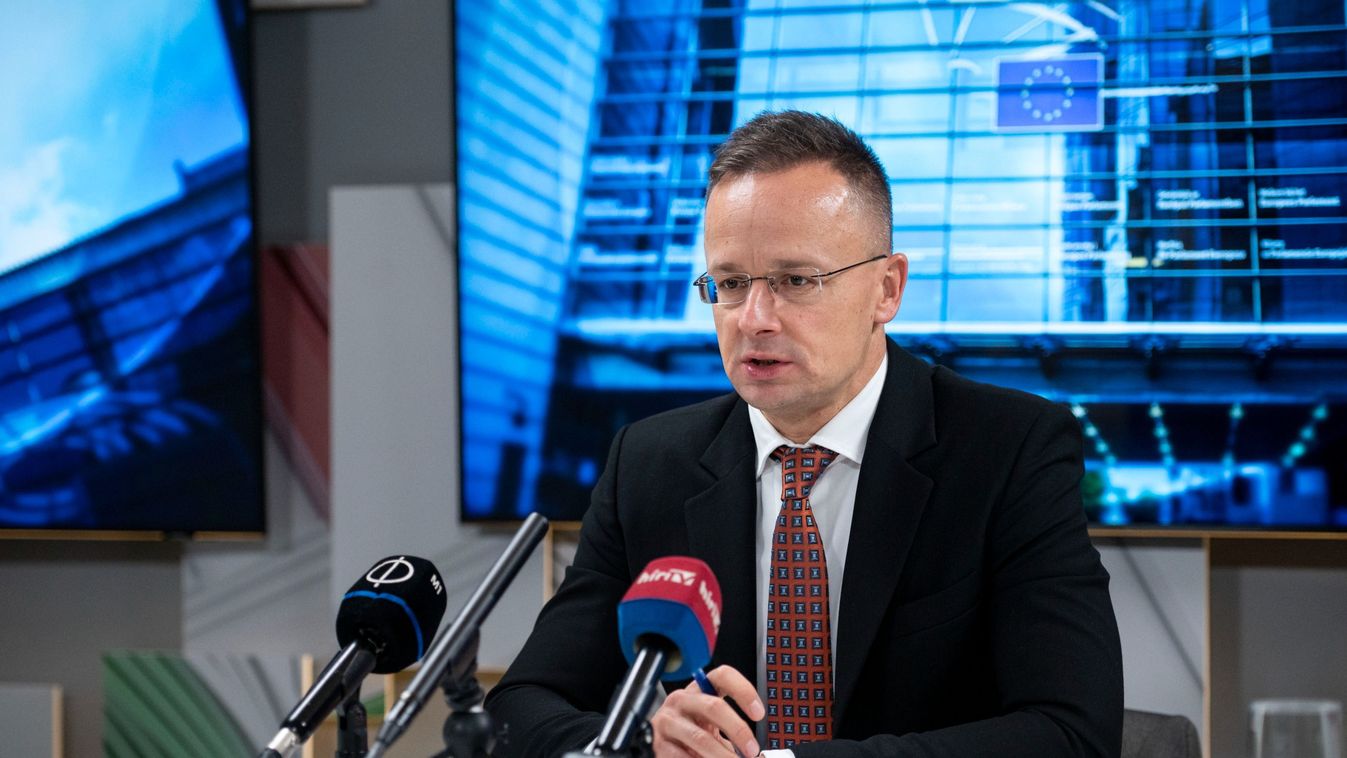
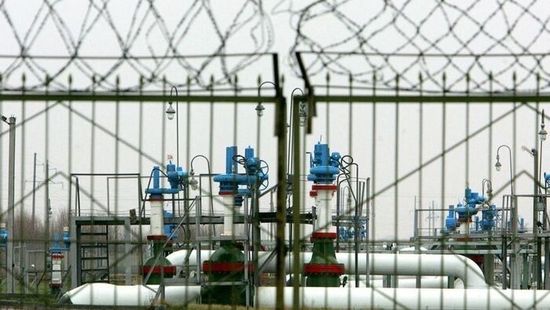
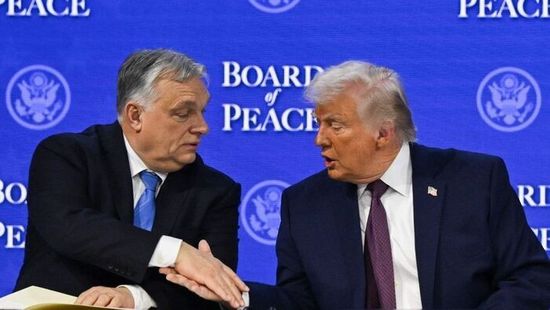
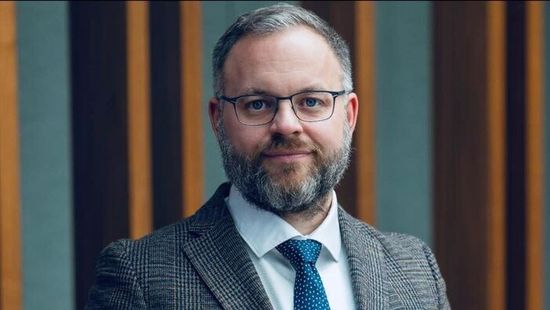
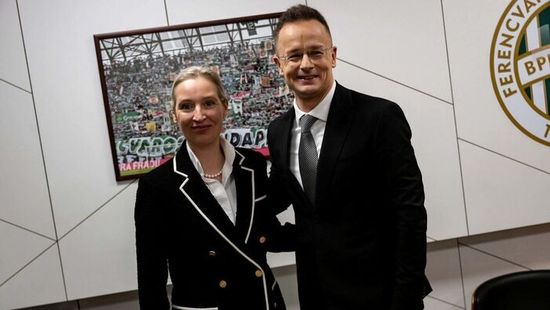




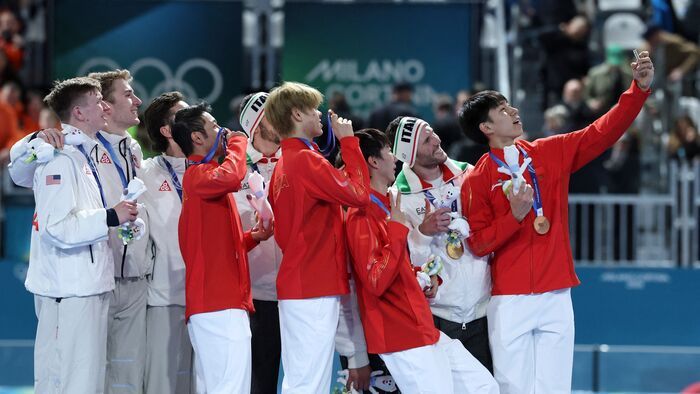

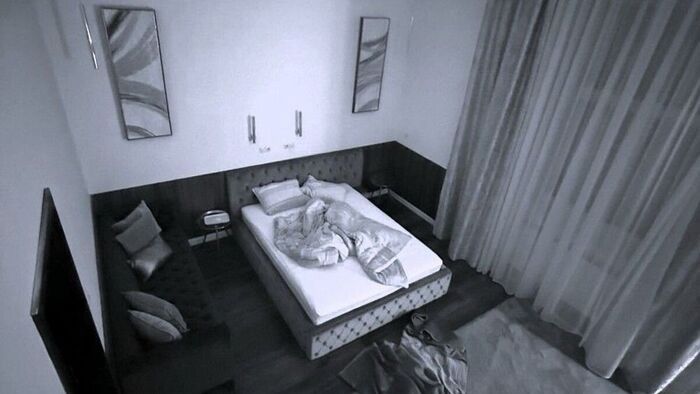
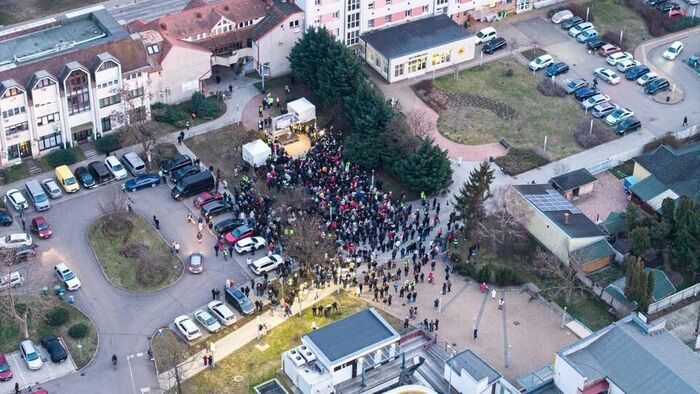
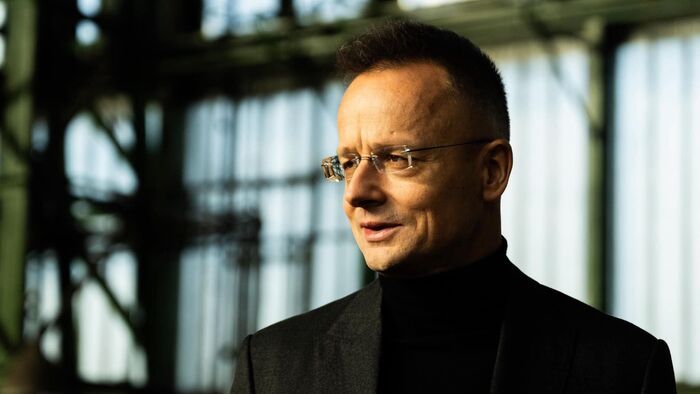
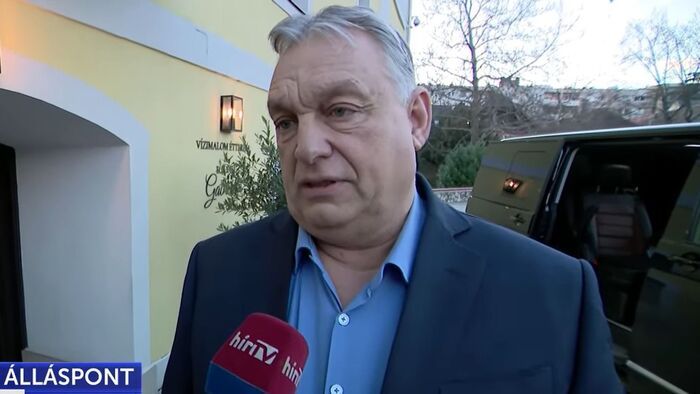
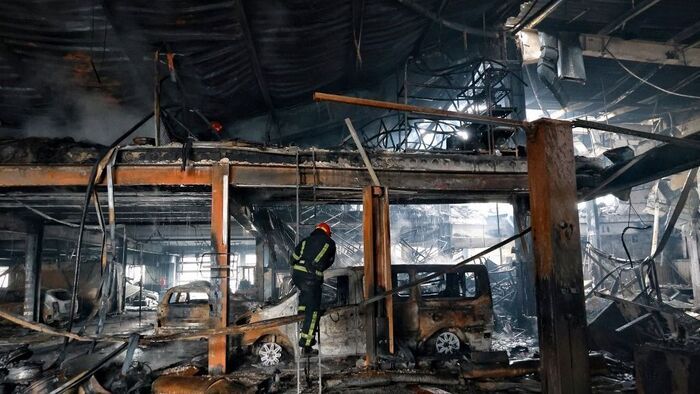
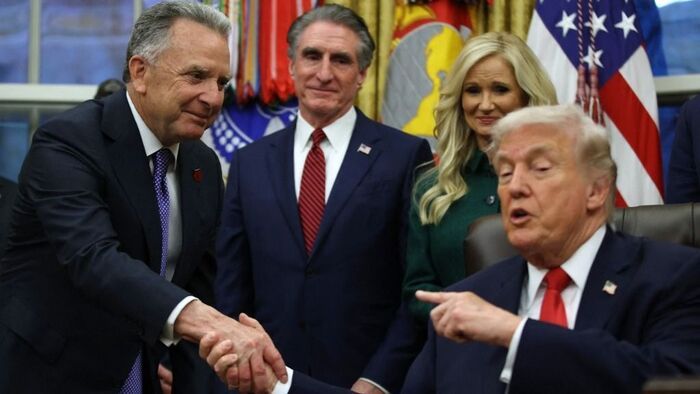
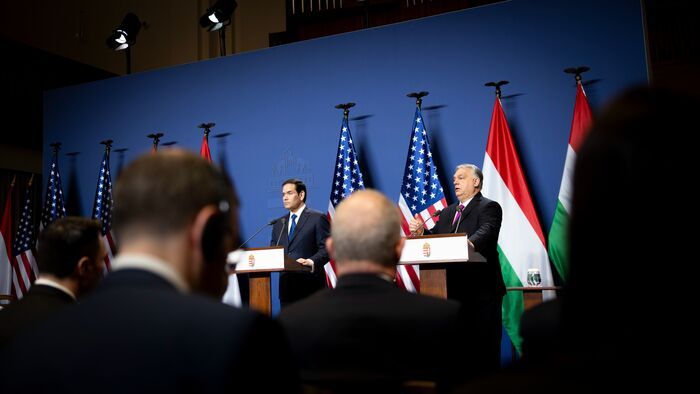





Szóljon hozzá!
Jelenleg csak a hozzászólások egy kis részét látja. Hozzászóláshoz és a további kommentek megtekintéséhez lépjen be, vagy regisztráljon!